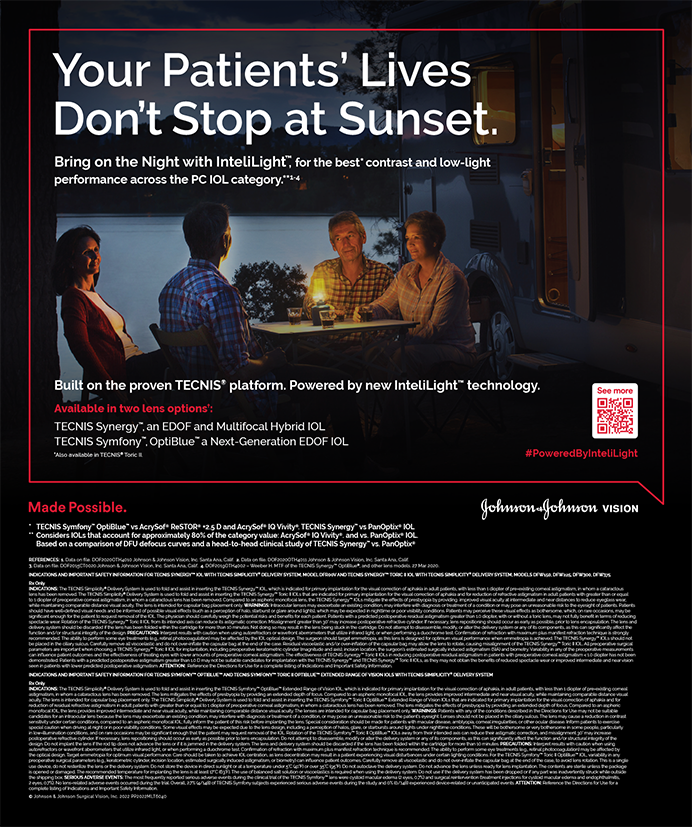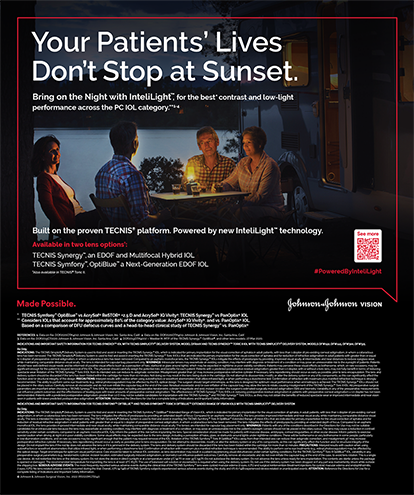
A career in high-volume cataract surgery is often seen as glamorous and rewarding, but the reality is far more complex and deeply personal. For many young surgeons, the allure of performing numerous surgeries is captivating, yet the demands of this profession are immense. Success entails more than technical skill—it requires self-awareness, resilience, and a profound understanding of one’s own limitations.
To thrive as a high-volume cataract surgeon, it is essential to approach the journey with intention and care. Achieving this level of practice is not a sprint but a marathon. Building a practice slowly, making incremental changes, and refining processes over time are critical steps. They help create a sustainable workflow that minimizes physicians’ stress and keeps the workload manageable. The journey, however, can be physically and mentally taxing. Surgeons must maintain an awareness of their well-being and avoid sacrificing their health in the pursuit of professional milestones.
Not every cataract surgeon is suited for high-volume practice, and that is okay. Success in this field requires thoughtful reflection on what aligns with one’s personal values and professional goals. Some surgeons find fulfillment in academic settings, whereas others thrive in private practice. Similarly, the pace and volume of surgery should resonate with the ophthalmologist’s individual priorities. Some surgeons draw energy from the fast-paced environment of high-volume surgery, whereas others find it overwhelming. The key to a sustainable and satisfying career lies in self-awareness—understanding one’s own preferences and defining success in personal terms rather than through comparisons to others.
Becoming a high-volume cataract surgeon is a process that often takes years, if not decades. In addition to skill, the journey demands endurance and an ability to maintain high standards for each patient, day in and day out. This can only be achieved with a supportive and skilled team by one’s side. Ultimately, success in cataract surgery is not defined solely by the number of procedures performed or the financial gains. True success requires balancing professional satisfaction with personal well-being and nurturing a practice that harmonizes with one’s strengths while respecting one’s limits.
Although innate surgical talent is important, it is experience that hones a surgeon’s abilities. The repetitive nature of high-volume practice serves as a crucible for refining technique and improving outcomes. This experience, built gradually and thoughtfully, is essential not just for professional success but also for personal fulfillment.
A rewarding career in ophthalmology is within reach when surgeons align their practice with their inner compass. This means being honest about whether a low-volume or high-volume practice suits them best and adjusting their career path accordingly. The aim is to craft a life that supports both professional achievement and personal happiness.




